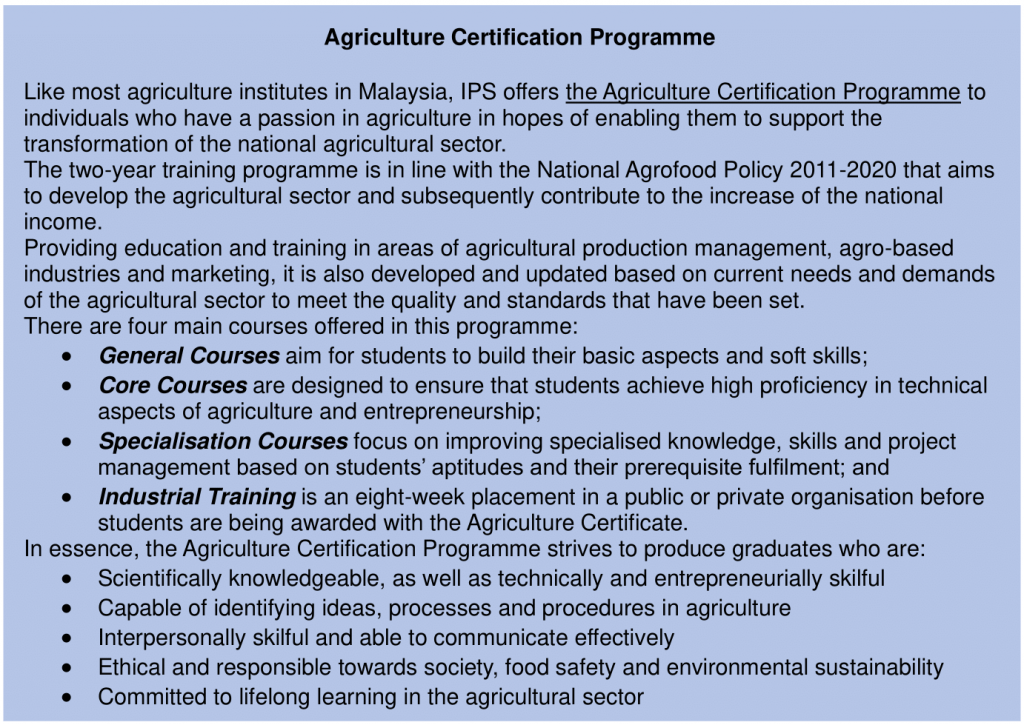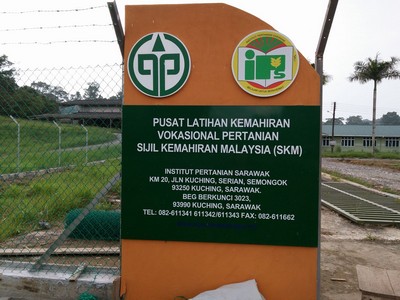The Agriculture Institute Sarawak, Semongok (IPSS) is one of several public institutes dedicated to a holistic agricultural education and training in Malaysia.
Established in 1983, the institute is under the purview of Department of Agriculture Sarawak and has the competency and experience in producing human capital for both the state and national agricultural and plantation sectors.
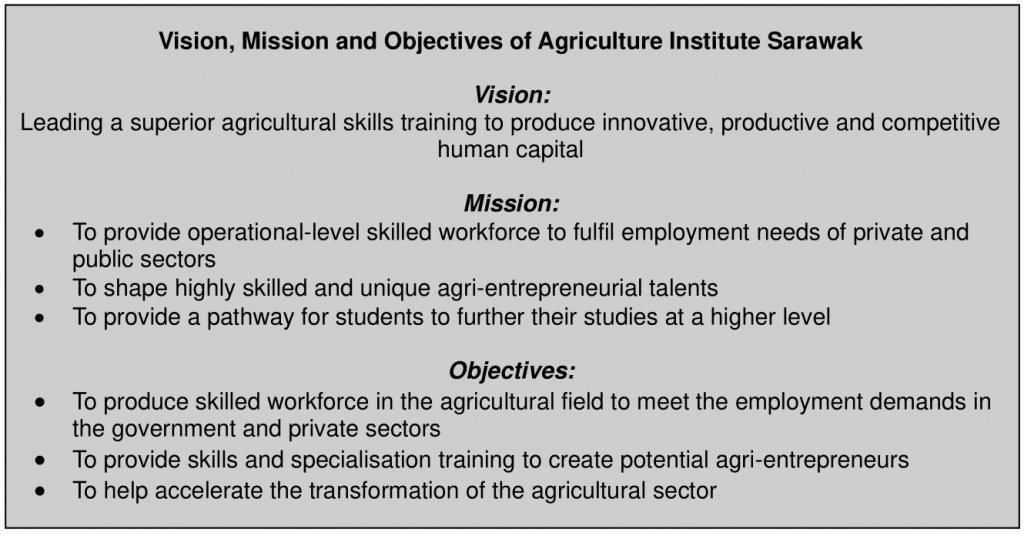
It offers to interested individuals quality technical training in various aspects of agriculture, encompassing fields of crop production management and technology; agricultural produce processing; livestock; plantation; farm mechanisation; landscaping; and many others.
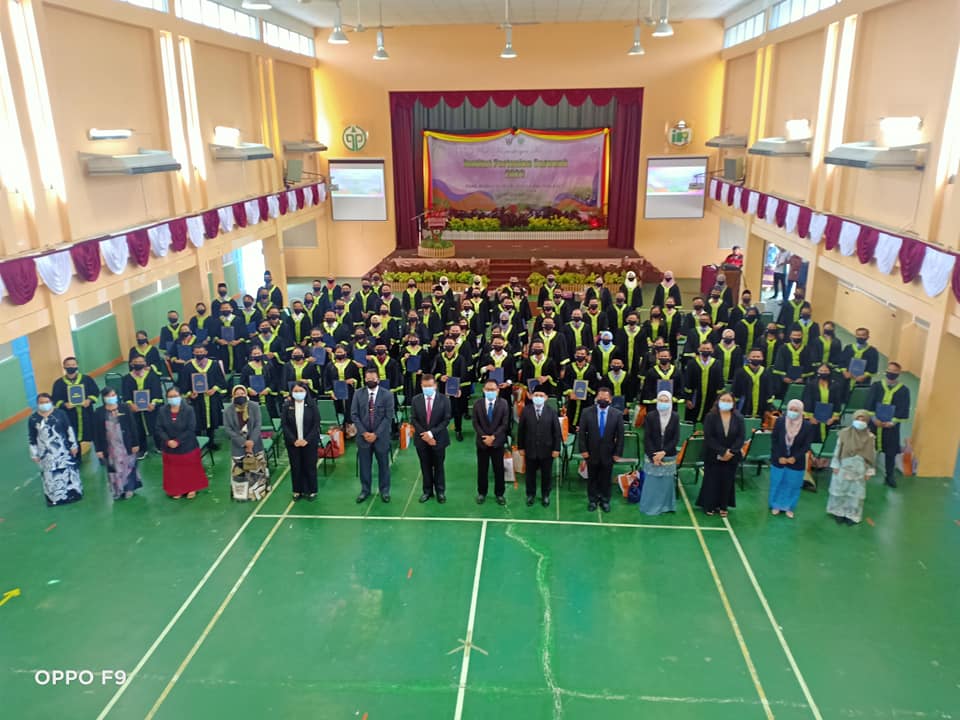
Certifications offered upon completing training programmes at IPSS are recognised by the Public Service Department (JPA) and are equivalent to the Polytechnic (Technical) Certificate and polytechnics of the Ministry of Education Malaysia.
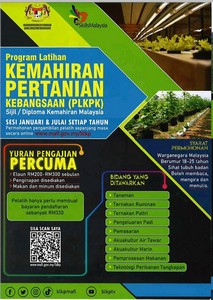
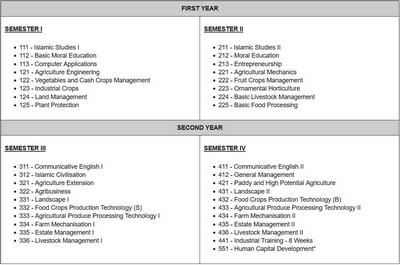
One of these training programmes is the National Agricultural Skills Training Programme (PLKPK) through the Malaysian Skills Certification that is funded by the Ministry of Agriculture and Food Industries Malaysia in collaboration with the Department of Skills Development Malaysia.
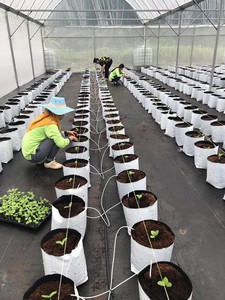
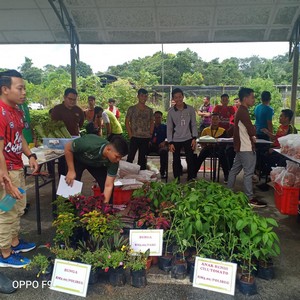
Up to 2019, around 85 per cent of graduates of IPSS have successfully gained opportunities in Malaysia’s employment sector; since its establishment, the institute has managed to produce 1,566 graduates who went on to play their part in contributing to Sarawak’s agricultural sector.
In his speech during the institute’s 14th convocation ceremony in August 2019, Deputy Chief Minister and then-Minister of Modernisation of Agriculture, Native Land And Regional Development YB Datuk Amar Douglas Uggah Embas noted that agriculture remained relevant in fulfilling the needs of the country, especially in efforts to address food security challenges and reduce the value of food imports from overseas.
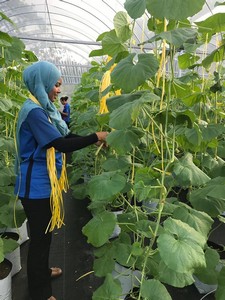
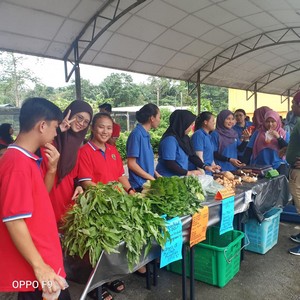
“The increase in human capital will help in transforming the farming community into a high-income community by 2030 while reducing the income gap between urban and rural communities,” he said.
